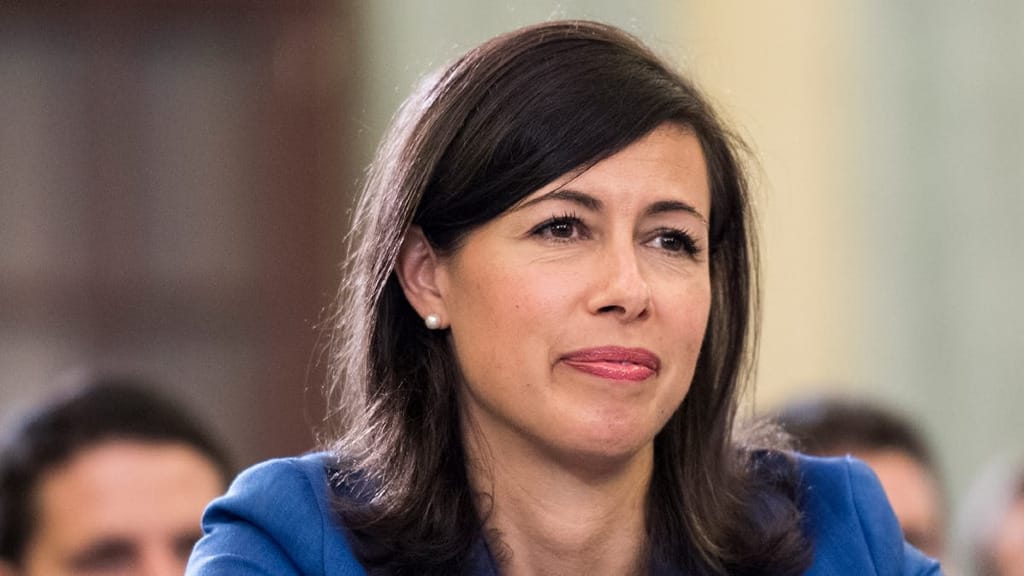Rosenworcel Defends FCC's Authority to Expand E-Rate to WiFi Hotspots
The FCCs responsibility is to keep universal services in line with evolving telecommunications, Rosenworcel says.
Joel Leighton

WASHINGTON, May 29, 2024- Federal Communications Commission Chairwoman Jessica Rosenworcel said the agency’s proposal to use E-Rate funding for WiFi hotspots is part of its responsibility to ensure universal services evolve with the changing educational and digital landscape.
“It is time for an E-Rate program that supports the educational needs of students and library patrons and permits them to learn without limits,” Rosenworcel, a Democrat, said in a letter to Capitol Hill lawmakers posted to the FCC’s website on May 22.
Last November, the FCC proposed providing eligible schools and libraries with E-Rate program funding for Wi-Fi hotspots and wireless internet access services for student, staff or patrons off-premises. The E-Rate program was established in 1996 to provide discounted rates on telecommunications and internet services for eligible educational institutions.
FCC leaders, including Republican Commissioner Brendan Carr, have previously criticized the new proposal for expanding the E-Rate program beyond its function outlined in section 254 of the Communications Act.
Carr released a statement saying the FCC is proposing an “anywhere/anytime” approach to funding, in spite of the fact that E-Rate funds were intended for locations outlined in statutory terms, such as schools, classrooms and libraries.
Additionally, Republican Commissioner Nathan Simington called the proposal “lawless” and “wasteful” and cited the numerous affordability programs already underway, such as the Affordable Connectivity Program and the Lifeline program.
“This is a solution – a very expensive solution – in search of a problem,” Simington wrote.
However, in her recent letter, Rosenworcel makes a case for the FCC’s authority, saying Congress gave the agency flexibility to adapt the E-Rate program to changing educational needs.
“The Commission has the responsibility… to ensure that universal service is ‘an evolving level of telecommunications service,’” Rosenworcel said, citing language within section 254 of the Communications Act.
The proposal comes as the Emergency Connectivity Fund, which provided funding for broadband connectivity during the Covid-19 Pandemic, is slated to end on June 30.
Rosenworcel praised the program for supporting nearly 1.2 million people across more than 6,800 schools and libraries.
“Access to high-speed internet service is now essential to have a fair shot at success,” Rosenworcel affirmed.
Rosenworcel’s letter was issued in response to a letter of support co-signed by prominent Senators and Representatives, including Sen. Bernie Sanders, D-Vt., and Sen. John Fetterman, D-Penn. The policymakers' letter urged the FCC to move forward with the hotspots proposal to help reduce educational disparities and provide assistance for low-income households.
The FCC sought comment on the eligibility of the services and equipment necessary to provide hotspots, as well as how best to adapt the E-rate program to reflect the virtual nature of today's educational system.











Member discussion